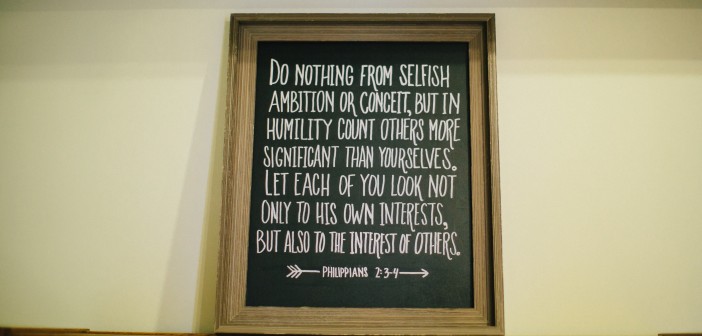Building credibility took time in my current congregation. I followed a well-respected pastor, and I had fewer years of experience than my predecessors. It is not unusual that church members took a “wait and see” attitude. I started by doing the small things. On Sunday mornings I stood outside at the front door, in all kinds of weather, and greeted people by name. I made birthday telephone calls to wish people well. But the biggest step toward credibility occurred about three months into my pastorate during a worship service in which nothing went right.
By being self-deprecatingly human in the midst of chaos, I had revealed myself to be a person willing to own his mistakes, a leader willing to appear a little foolish in front of a crowd, and a pastor willing to praise God no matter what happened.
The PowerPoint presentation of our recent mission trip would not work, so we skipped over it while technical people scrambled to fix the glitch. We bought time by singing a hymn, and then the choir sang their anthem, out of sequential order, of course. We then skipped to the baptism planned for the conclusion of the service, but the baby was upstairs in the nursery because her parents were not expecting this deviation from the plan.
Then we took up the offering, but the ushers were bewildered. When I ran out of liturgical things to do, and the slideshow was still inoperable, I preached the sermon anyway and had to describe in imperfect words the images that would have been on the screen. An observer viewing this worship service from the perspective of liturgical order would have blanched. But at every gaffe, the congregation laughed along with me at how even the best laid plans can be disrupted by a faulty electrical connection.
I was humbled, but the authenticity of laughing at my own stumbling became surprisingly useful in gaining credibility. When a small group gathered for Bible study a few days later and the comedy of errors over which I had presided came up again, one woman said, “You became our pastor last Sunday.” I believe she meant that by being self-deprecatingly human in the midst of chaos, I had revealed myself to be a person willing to own his mistakes, a leader willing to appear a little foolish in front of a crowd, and a pastor willing to praise God no matter what happened. I believe she considered me to be a person of character and had, on behalf of a skeptical congregation, granted some credibility.
This was one of a few defining moments for my tenure as pastor, and it occurred before I had a vision for our church, before I had a chance to nominate a single person for leadership, and before I fully understood the culture of the church. All those things came in time but only because of a series of events no pastor could see coming. People are always paying attention, and small things can make a big difference.







